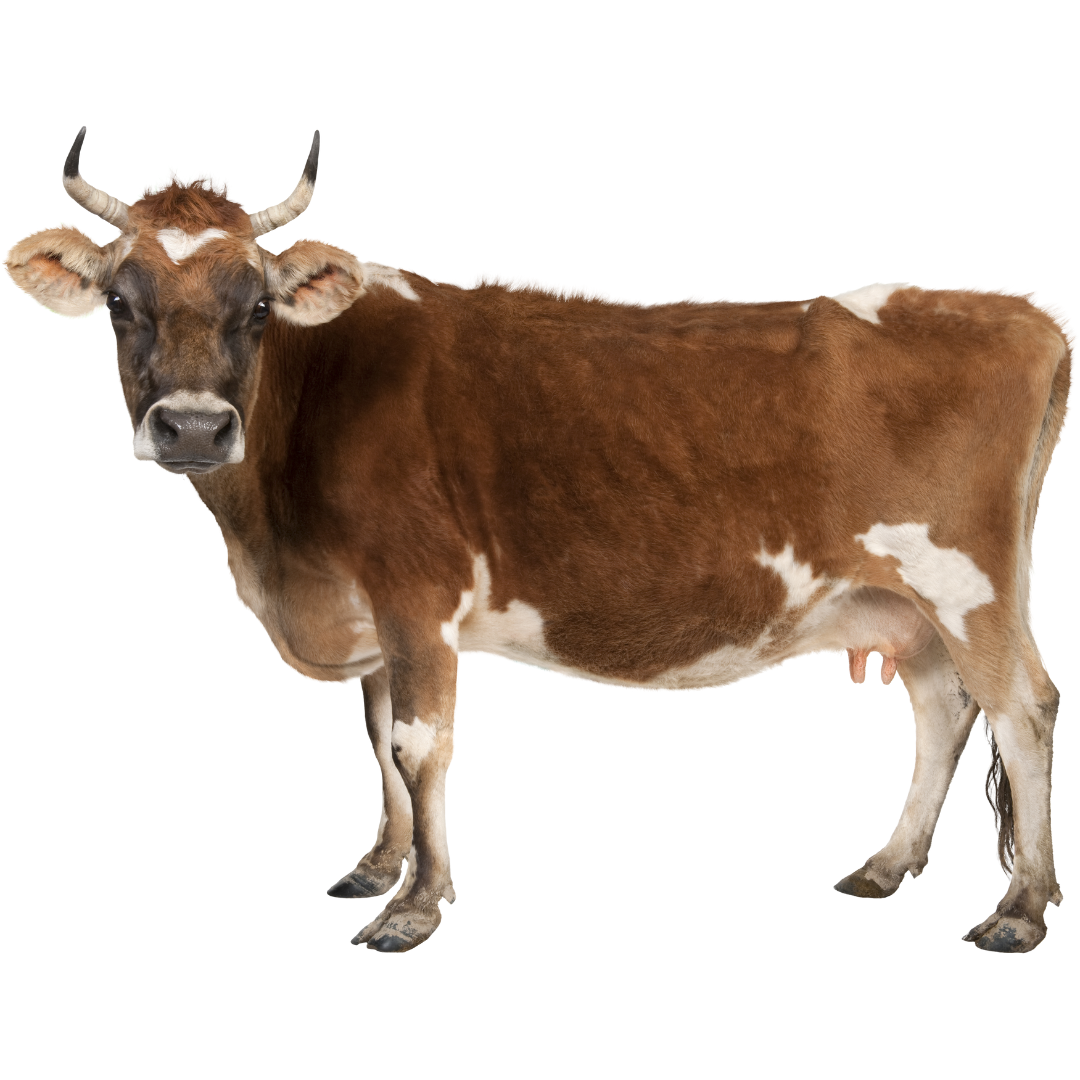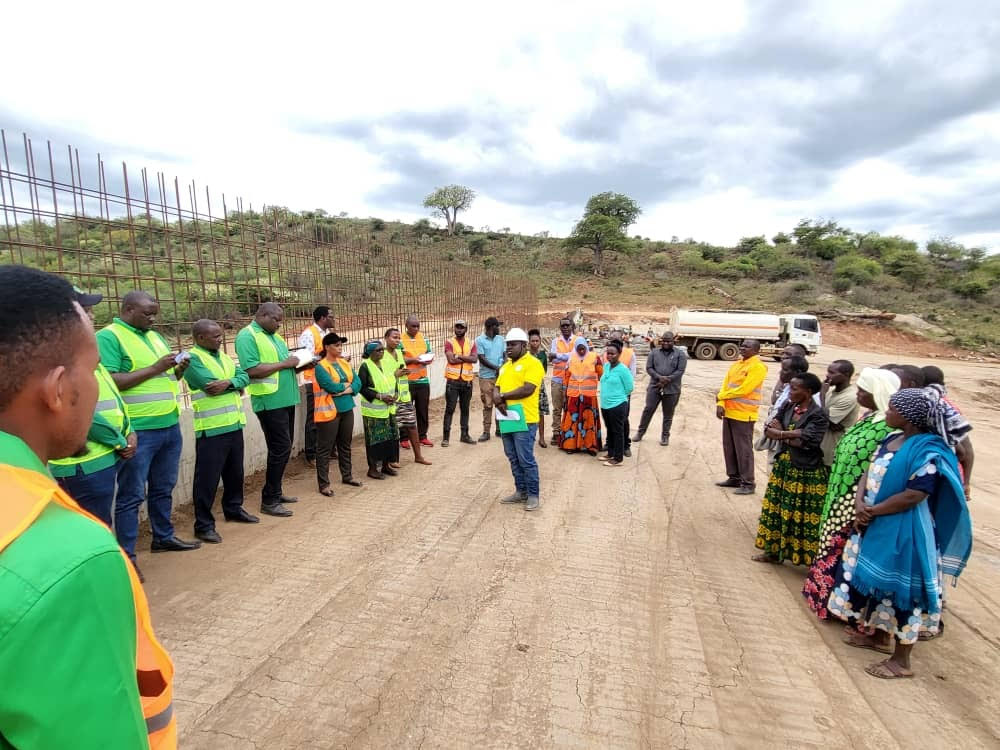10 Billion USD Africa and Middle East SAFE Initiative Launched to Enhance Food Security and Climate Resilience
By Kilimokwanza.org News Team
Abu Dhabi, UAE — In a historic collaboration, nations and institutions from Africa and the Middle East have come together under the guidance of the Global Green Growth Institute (GGGI) to unveil the groundbreaking “Africa and Middle East SAFE Initiative,” a bold endeavor with a $10 billion investment commitment. This initiative, aimed at Scaling-up Agriculture and Food systems for Economic development in Africa and the Middle East, seeks to benefit millions of people whose livelihoods are imperiled by the climate crisis.
The Africa and Middle East SAFE Initiative is a pioneering public-private partnership that symbolizes collective determination to confront pressing challenges related to food security, climate change, and the vulnerability of rural livelihoods. Placing food security at the forefront of discussions at COP28, the initiative underscores a dedicated commitment to advancing sustainable development and resilience in Africa and the Middle East through comprehensive and holistic strategies.
During the launch event, government and institutional representatives expressed resolute support for the initiative, emphasizing its significance in addressing critical regional issues. H.E. Khaled Mahdi, Secretary-General of the Supreme Council for Planning and Development in the State of Kuwait, highlighted the comprehensive approach of the SAFE initiative, which brings together the public and private sectors, stating, “We cannot approach the food security problem without a comprehensive approach. It is rare to find a program like the SAFE initiative, which will bring economic development in a multi-dimensional way.”
H.E. Hala Helmy el-Said, Minister of Planning and Economic Development in the Arab Republic of Egypt, stressed the importance of providing investment opportunities for developing countries, taking into account their current levels of internal and external debt. She remarked, “We capitalize on the Africa SAFE initiative as an approach to improve the lives of people in Africa in a sustainable and climate-resilient manner.”
By harnessing Africa’s agricultural potential and the Middle East’s investment capacity, the Africa and Middle East SAFE Initiative aims to unlock green investments, promote climate-smart agriculture for rural farmers, and create green jobs, all with the aim of securing a sustainable future for these regions. Comprising the Technical Assistance Fund (TAF) and Investment Platform (IP), the Initiative sets ambitious goals, including the irrigation of 2 million hectares of African farmland, enhancing climate resilience for 10 million smallholder farmers (with a specific focus on women and young people), and effectively addressing food security challenges.
Mr. Kobenan Kouassi Adjoumani, Côte d’Ivoire’s State Minister of Agriculture and Rural Development and Food Production, expressed support for the initiative, saying, “With food security and agriculture production at the heart of the economic sector of Côte d’Ivoire, this initiative will support particularly youth and women.”
Dr. Frank Rijsberman, GGGI’s Director-General, affirmed GGGI’s commitment to facilitating ongoing dialogues and shaping the potential of the initiative. He stated, “This initiative is poised to make a substantial impact by not only addressing immediate challenges but also contributing to the long-term well-being of Africa and the Middle East.” Dr. Frank Rijsberman added, “GGGI is dedicated to facilitating the Africa and Middle East SAFE Initiative, coordinating diverse stakeholder voices to ensure its successful progression toward climate-resilient agriculture and sustainable food systems in Africa and the Middle East.”
The initiative’s operationalization will be overseen by a Board representing participating countries and institutions, with GGGI’s Regional Office for MENA serving as the Secretariat for the Board of the Africa and Middle East SAFE Initiative. This initiative stands as a testament to the power of international collaboration in addressing some of the world’s most pressing challenges.


